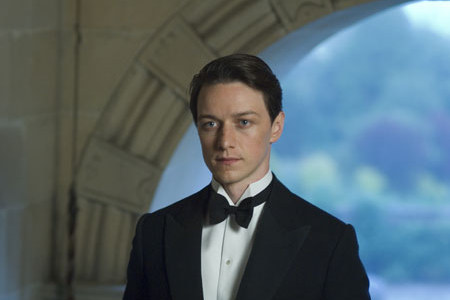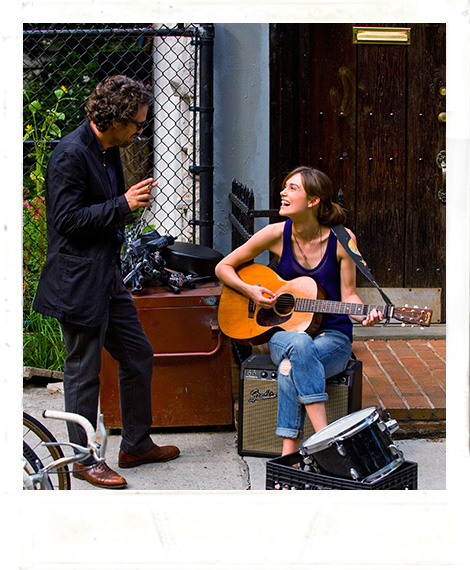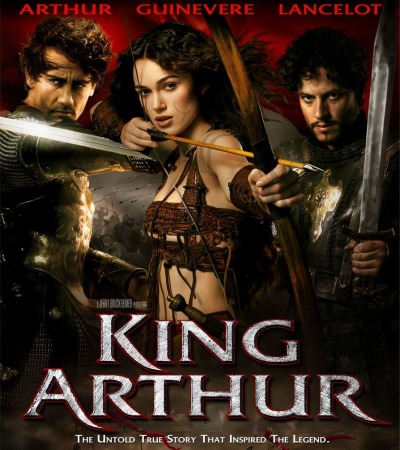Dir: Joe Wright. UK / France. 2007

James McAvoy as Robbie Turner (image: Yu-Yee FlickrCC)
In the heat of the night
I’ve never rated Keira Knightley; too stiff in Bend It Like Beckham, too ‘jolly hockey sticks’ as Jane Austen’s famous heroine Elizabeth Bennett (in Pride & Prejudice) but for once the familiar buzz of Keira worship seems only fitting. In Atonement, Knightley (in her second film with director Joe Wright) seems to have found her perfect role. She plays Cecilia Tallis – bored, rich, headstrong – to outstanding effect but ultimately with depths of character that ground the epic romance at the heart of this story.
Atonement drops us into summer 1935 – and life at the Tallis family mansion in the heart of the English countryside. Cecilia and housekeeper’s son Robbie (both just down from Cambridge University) squabble fractiously while they await the arrival of her brother, and assorted guests, for the weekend. Over the course of this swelteringly hot summer’s day Briony Tallis, Cecilia’s melodramatic sister lets a misunderstood situation and an unrequited crush drive her towards an act of malice that has tragic repercussions.
Stunningly shot, with note-perfect locations and costume, muted tones with flashes of brilliant colour (particularly one fabulous evening dress), Atonement looks, and feels, like a classic unfolding before our eyes. The shots of English countryside and Blitz-hit London re-create the 1930s effortlessly. Only war scenes at Dunkirk seem a little heavy-handed as though, having booked the extras and the props, Wright felt duty bound to use as much as possible. This is a tiny criticism of a well-paced and superbly structured film.
All this would be for nothing, of course, without the performances. Knightley and (the always reliable) James McAvoy in the central roles, achieve the kind of chemistry that makes you invest in what unfolds, without tipping over into sentimentality. Saoirse Ronan and Romola Garai (as young and older Briony, respectively) manage to make a difficult, and unlikeable, role human and other supporting performances are delivered in light, yet revealing, touches.
Rating: 4/5
IMDb entry for Atonement




